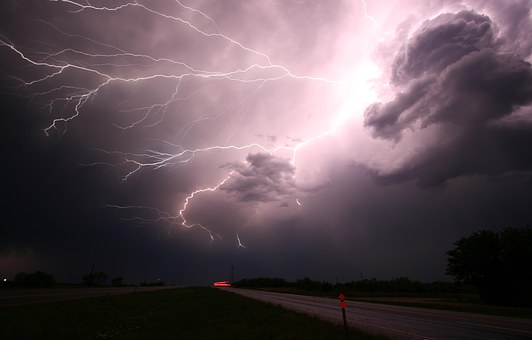God. Buddhist (Mahayana). One of the most popular deities in the pantheon, though probably owing much to the influence of the Hindu god SˇIVA. Originally an epithet for another Hindu god, GANESA, but in Buddhism seen as an emanation of AKSOBHYA. His SAKTI is NAIRAMATA and the product of their liaison is nirvana (eternal bliss). Typically he stands upon a corpse. In northeastern India, Heruka is worshiped as a compassionate god. Attributes: club, flayed human skin, image of Aksobhya, jewel, knife, fifty skulls, sword, staff and teeth.
Tag: pantheon
Huto Puku
Region: New Zealand
Time Period: Unknown
References in Literature:
Sources: Many, Pantheon
Gou Mang / Kou Mang
Region: China
Time Period: Mythology
References in Literature: None
Sources: Pantheon, and others
Dione dee oh NEE
The Mother of Aphrodite
Dione is one of the more mysterious Greek goddesses. Some believe that she is the personification of a more ancient Mother Goddess (Goddess of the Oak, from Asia Minor) and that the Greeks simply adopted her into their pantheon.
Ennead
The Heliopolis pantheon. Egyptian (Lower). The nine major deities enumerated and given their genealogy by the priesthood of Heliopolis, the center of the sun-worshiping cult in Lower Egypt.
Bolla / Bollar
Region: Albania
Time Period: Unknown
References in Literature: None
Sources: Pantheon
Baal Sˇamin (lord of heaven)
Head of the pantheon. Western Semitic (Phoenician).
Arinna (sun goddess)
Solar deity. Hittite and Hurrian. May have taken androgynous form, but also identified as the consort of the weather god TESˇUB. Probably the head of the Hittite state pantheon. There is little detail because the religious center of Arinna is known only from texts. The sun goddess was also perceived to be a paramount chthonic or earth goddess.
Diti
by Dr Anthony E. Smart
An Indian goddess. Many mythographers see Aditi as the endless sky; Diti as the earth. Both apparently come from a different source of Hindu mythology, for their children, though recognized as supernatural, were never part of the official pantheon. Diti’s children were asuras, non-gods. They were powerful beings, especially the warrior Maruts, who might have conquered the gods.
Dievini
by Aldis Putelis
Dievini (diminutive plural from dievs) is a collective name for the group of minor gods of the Latvian pantheon. Mostly, the Dievini act as protecting and household gods. The word itself seems to be a more recent construction. Although being less described in the classical folklore, these could be the deities honored more in day-to-day life as the actual rulers of the household fortune and therefore of more influence.






